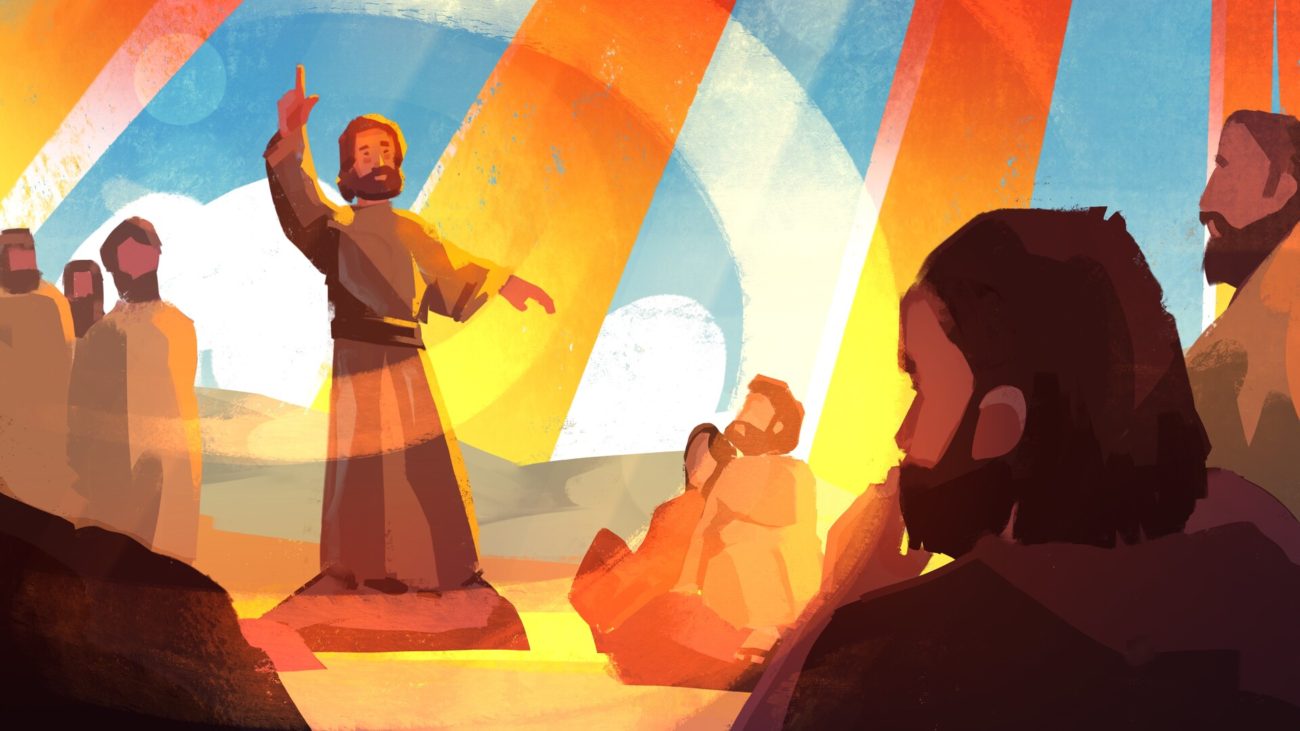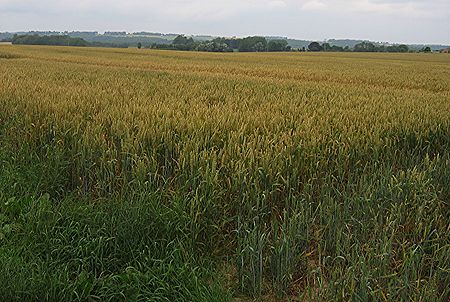| Aspect | Description |
|---|---|
| Parasha Number | The 30th Parasha in the Book of Leviticus (Vayikra). |
| Parasha Name | Kedoshim (קְדשִׁים), translating to “Holy” in Hebrew, emphasizing the call to holiness and ethical living. |
| Torah Book | Leviticus (Vayikra). |
| Number of Verses | Comprises 64 verses. |
| Number of Words | Approximately 1,248 words in the Hebrew text. |
| Primary Characters | Key figures include Moses, Aaron, and the priests, with God communicating instructions regarding ethical conduct and societal justice. |
| Key Themes | Focuses on the call to holiness and ethical living, encompassing various laws on interpersonal relationships, societal justice, and religious rituals. |
| Significant Events | Presents laws and guidelines for ethical conduct, including treatment of parents, neighbors, and strangers, as well as prohibitions against idolatry, sorcery, and mistreatment of animals. |
| Notable Quotes | “Speak unto all the congregation of the children of Israel, and say unto them: Ye shall be holy; for I the Lord your God am holy.” (Leviticus 19:2) |
| Legacy | Parashat Kedoshim contributes to the understanding of ethical living and societal justice in Jewish tradition. |
| Relevance Today | The themes of holiness, ethical conduct, and societal justice remain relevant in contemporary Jewish practice, guiding individuals in matters of personal and communal righteousness. |
| Well-Known Stories | Include laws on ethical conduct, such as the commandments to love one’s neighbor, avoid idolatry, and treat others fairly. |
| Special Observances | Highlighted in synagogue readings, emphasizing the importance of ethical living and societal justice in Jewish life. |
| Connections to Texts | Kedoshim builds upon preceding narratives in Leviticus, expanding on the ethical framework established in earlier chapters and providing further guidelines for righteous living. |
| Theological Significance | Emphasizes the centrality of holiness, ethical conduct, and societal justice in Jewish theology, reinforcing the covenantal relationship between God and the Jewish people. |
Parashat Kedoshim, the 30th portion in the Book of Leviticus (Vayikra), is named after its central theme, “Kedoshim,” meaning “Holy” in Hebrew. This portion underscores the imperative of ethical living and the pursuit of holiness among the Israelites. It encompasses a wide array of laws and commandments, focusing on interpersonal relationships, societal justice, and religious devotion.
Throughout Parashat Kedoshim, Moses communicates God’s instructions to the Israelites, emphasizing the importance of ethical conduct in their daily lives. The portion covers various aspects of ethical behavior, including respectful treatment of parents, fair treatment of neighbors, honesty in business dealings, and compassion towards strangers. It also prohibits actions such as idolatry, sorcery, and mistreatment of animals.
A notable highlight of Parashat Kedoshim is the commandment to “love your neighbor as yourself,” often regarded as one of the fundamental principles of Jewish ethics. This commandment encapsulates the essence of ethical living and underscores the interconnectedness of humanity.
Moreover, Parashat Kedoshim underscores the importance of societal justice, advocating for impartiality in legal matters and equitable treatment for all members of society, regardless of their social status or background.
In addition to ethical injunctions, Parashat Kedoshim contains various religious rituals and observances aimed at fostering a sense of holiness among the Israelites. These rituals serve as reminders of their covenantal relationship with God and their commitment to leading lives of moral integrity and spiritual devotion.
Overall, Parashat Kedoshim serves as a comprehensive guide for righteous living, emphasizing the inseparable link between ethical conduct, societal justice, and spiritual holiness in the lives of the Israelites and continues to inspire Jewish communities today in their pursuit of a life imbued with meaning and purpose.
קדושים
י״ט:א׳-כ׳:כ״ז
Kedoshim
Leviticus 19:1-20:27
יחזקאל
כ׳:ב׳-כ׳
Ezekiel
20:2-20
On the day that I chose Israel, I gave My oath to the stock of the House of Jacob; when I made Myself known to them in the land of Egypt, I gave my oath to them. When I said, “I the ETERNAL am your God,”
Kedoshim
more on Parashat Parashat Kedoshim: Holiness Code
Quick Guide: The Five Books of Moses
| Genesis | Exodus | Leviticus | Numbers | Deuteronomy |
|---|---|---|---|---|
| Bereshit (1:1-6:8) |
Shemot (1:1-6:1) |
Vayikra (1:1-5:26) |
Bemidbar (1:1-4:20) |
Devarim (1:1-3:22) |
| Noach (6:9-11:32) |
Va'era (6:2-9:35) |
Tzav (6:1-8:36) |
Naso (4:21-7:89) |
Va'etchanan (3:23-7:11) |
| Lech Lecha (12:1-17:27) |
Bo (10:1-13:16) |
Shemini (9:1-11:47) |
Behaalotecha (8:1-12:16) |
Ekev (7:12-11:25) |
| Vayera (18:1-22:24) |
Beshalach (13:17-17:16) |
Tazria (12:1-13:59) |
Shelach (13:1-15:41) |
Re'eh (11:26-16:17) |
| Chaye Sarah (23:1-25:18) |
Yitro (18:1-20:23) |
Metzora (14:1-15:33) |
Korach (16:1-18:32) |
Shoftim (16:18-21:9) |
| Toledot (25:19-28:9) |
Mishpatim (21:1-24:18) |
Achare Mot (16:1-18:30) |
Chukat (19:1-22:1) |
Ki Tetze (21:10-25:19) |
| Vayetze (28:10-32:3) |
Terumah (25:1-27:19) |
Kedoshim (19:1-20:27) |
Balak (22:2-25:9) |
Ki Tavo (26:1-29:8) |
| Vayishlach (32:4-36:43) |
Tetzaveh (27:20-30:10) |
Emor (21:1-24:23) |
Pinchas (25:10-30:1) |
Nitzavim (29:9-30:20) |
| Vayeshev (37:1-40:23) |
Ki Tisa (30:11-34:35) |
Behar (25:1-26:2) |
Matot (30:2-32:42) |
Vayelech (31:1-30) |
| Miketz (41:1-44:17) | Vayakhel (35:1-38:20) |
Bechukotai (26:3-27:34) |
Masei (33:1-36:13) |
Haazinu (32:1-52) |
| Vayigash (44:18-47:27) |
Pekude (38:21-40:38) |
V'Zot HaBeracha (33:1-34:12) |
||
| Vayechi (47:28-50:26) |











